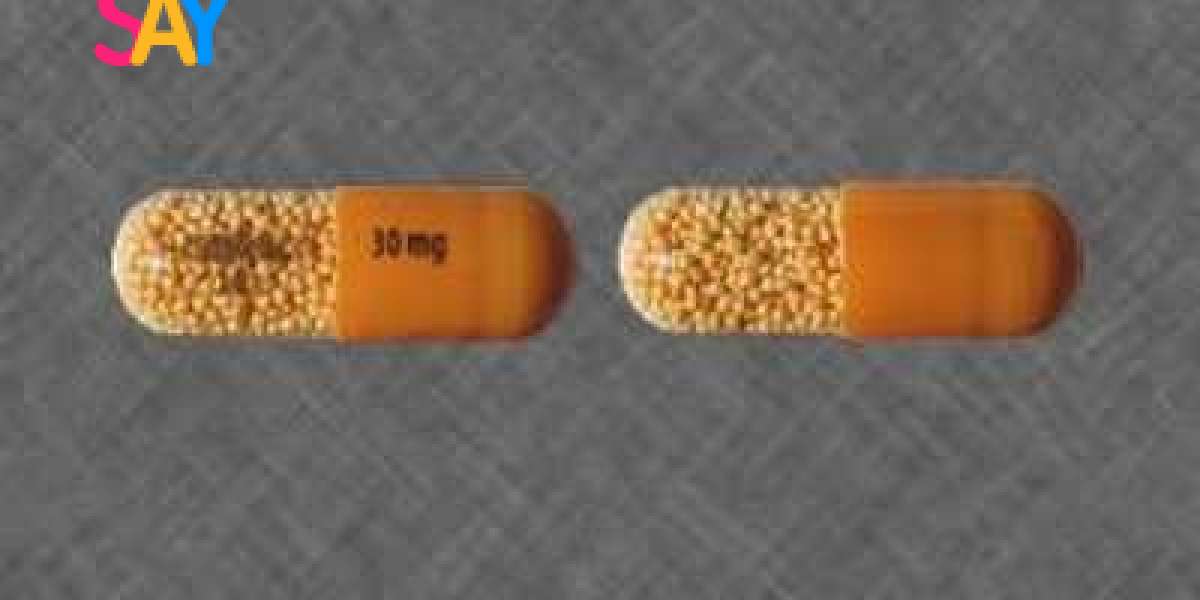Adderall Headaches: What You Need to Know
Introduction
If you’re taking Adderall and dealing with persistent headaches, you’re not alone. Many people rely on Adderall to manage ADHD or narcolepsy, but one common side effect that often goes unspoken is Adderall headaches. Whether they come on shortly after your dose or build throughout the day, these headaches can disrupt your focus and daily life—ironically the very things Adderall is meant to help with.
In this article, we’ll break down the causes behind Adderall-induced headaches, what they feel like, how to relieve them naturally or medically, and when it's time to reach out for professional help.
Why Does Adderall Cause Headaches?
Adderall headaches can stem from a variety of factors related to how the medication affects your brain and body:Dehydration: Adderall acts as a stimulant and can suppress your sense of thirst, leading to dehydration—a common trigger for headaches.Appetite suppression: Skipping meals or not eating enough while on Adderall can lead to low blood sugar levels, which may cause headaches.Sleep disruption: If Adderall keeps you up at night or reduces sleep quality, the lack of rest can catch up in the form of headaches.Tension and anxiety: Some users experience increased stress or anxiety on Adderall, which can result in tension headaches.Medication timing and dosage: Taking too high a dose, or taking it too late in the day, may contribute to head pain.
What Do Adderall Headaches Feel Like?
Everyone experiences headaches differently, but Adderall headaches often include:A dull, persistent ache on one or both sides of the headPressure behind the eyes or at the templesSensitivity to light or soundPain that worsens as the medication wears off (commonly called a "crash")
If your headache feels sharp, throbbing, or is accompanied by nausea or vision changes, it could signal a migraine or a more serious issue. Always consult your doctor if you're unsure.
How to Relieve Adderall Headaches
Fortunately, there are several ways to reduce or prevent Adderall headaches, both naturally and with medical support:
Stay Hydrated
Make it a habit to drink water throughout the day. Carry a bottle with you and sip regularly—especially if you’re taking Adderall in the morning.
Eat Balanced Meals
Even if you’re not hungry, try to eat small, nutritious meals or snacks. Include protein, complex carbs, and healthy fats to stabilize blood sugar levels.
Get Enough Sleep
Stick to a consistent sleep schedule. Aim for at least 7–8 hours of quality sleep each night. If Adderall is disrupting your sleep, talk to your doctor about adjusting the dosage or timing.
Take Breaks and De-Stress
Tension headaches can creep in if you're hyper-focused for long periods. Give yourself mental breaks, stretch, or practice mindfulness during the day.
Over-the-Counter Pain Relief
Medications like ibuprofen or acetaminophen can help with occasional headaches. However, don’t rely on them daily—this may mask the real issue.
Adjust Your Dosage or Timing
If your headaches are consistent, your current dosage might not be right for you. Talk to your healthcare provider about adjusting the dose or switching to another ADHD medication.
When to See a Doctor
Headaches that are severe, frequent, or worsening over time should never be ignored. Contact your doctor if:Headaches happen dailyThey interfere with your ability to functionYou notice changes in vision, speech, or balanceThe headaches begin after increasing your Adderall dosage
You and your doctor may decide to try a lower dose, a different stimulant, or even a non-stimulant ADHD medication.
Final Thoughts
Adderall headaches can be frustrating and uncomfortable, but they’re often manageable once you understand their root causes. Whether it’s staying hydrated, eating well, adjusting your dose, or managing stress, small changes can make a big difference. Always keep open communication with your healthcare provider—they can help tailor your treatment so that Adderall works for you, not against you.




